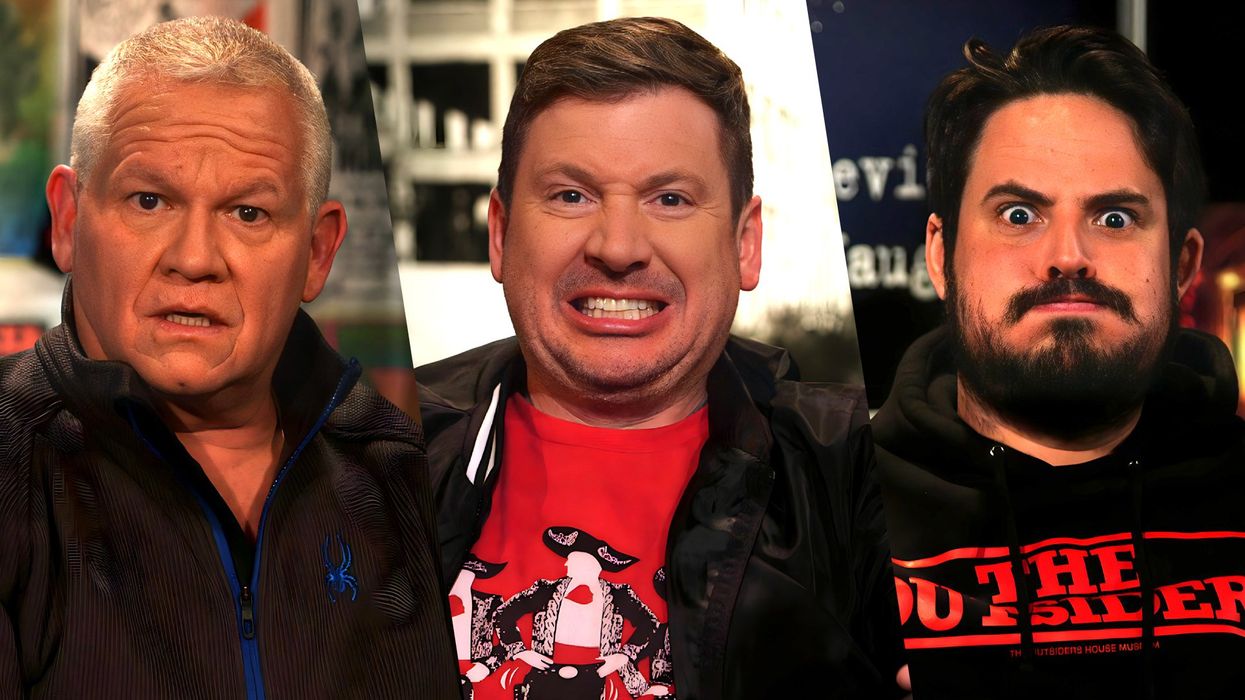NATAL, Brazil (AP) -- Uruguay striker Luis Suarez could once again be in trouble and facing a long ban after appearing to bite an Italian opponent Tuesday in a key World Cup group game.
The incident, visible on television replays, showed Suarez apparently bite the shoulder of Italy defender Giorgio Chiellini as the pair clashed in the Italian penalty area. It happened about a minute before Uruguay scored in the 81st to secure a 1-0 win, sending Italy out of the tournament.
Suarez was chasing the ball and was blocked by the Italy defender. He buried his mouth briefly in Chiellini's shoulder and the Italian player fell over, apparently in pain and clutching the shoulder. The Suarez reeled away holding his mouth.
 Italy's Giorgio Chiellini displays his shoulder showing apparent teeth marks after colliding with the mouth of Uruguay's Luis Suarez during the group D World Cup soccer match between Italy and Uruguay at the Arena das Dunas in Natal, Brazil, Tuesday, June 24, 2014. (AP Photo/Hassan Ammar)
Italy's Giorgio Chiellini displays his shoulder showing apparent teeth marks after colliding with the mouth of Uruguay's Luis Suarez during the group D World Cup soccer match between Italy and Uruguay at the Arena das Dunas in Natal, Brazil, Tuesday, June 24, 2014. (AP Photo/Hassan Ammar)
It is the third biting incident involving the talented but controversial striker, who has also been banned for racist abuse and was heavily criticized for a blatant handball that played a large role in knocking Ghana out of the 2010 World Cup.
Chiellini confirmed after the game that he had been bitten.
"... not sending off Suarez (was) ridiculous," Chiellini said. "It was absolutely clear. There's even a mark."
The 27-year-old Suarez has a history of disciplinary problems.
He was banned for seven matches by the Netherlands football federation in 2010 after biting PSV Eindhoven player Otman Bakkal in a league match when he played for Ajax.
After joining Liverpool in England's Premier League, he bit Chelsea player Branislav Ivanovic in 2013 and was banned for 10 games.
Uruguay coach Oscar Tabarez said he didn't see the alleged bite and repeatedly declined to comment.
"If it happened, the referee probably didn't see it," said Tabarez, who went on to defend his star forward.
"Aside from the mistakes he might've made, Suarez is the favorite target of certain media, certain press, which give much more importance to an alleged mistake that he might've committed than to the things for which he's in football."
Tabaraez said Saurez was a "a very important player for us, a very important person for us."
"And I want to say that if he's attacked, as it has begun in this press conference, we'll also defend him, because this is a football World Cup, not of cheap morality," he said.
FIFA vice-president Jim Boyle said on British television that Suarez had let himself down again.
"There is no doubt Luis Suarez is a fantastic footballer but, once again, his actions have left him open to severe criticism," Boyle, who is also chairman of the FIFA referees' committee, said from his home in Northern Ireland. "FIFA must investigate the incident seriously."
FIFA can sanction players with bans of up to two years if its disciplinary commission decides there is a case to answer.
Chiellini did everything he could during the match to bring the alleged bite to the referee's attention.
The Italian player protested loudly, and pulled his shirt off his shoulder to point out to the referee what appeared to be a mark, but no immediate action was taken on the field.
In the 2010 World Cup in South Africa, Suarez was sent off in the quarterfinal against Ghana for handling the ball on the goal-line in the last seconds of extra time. He was sent off, but Uruguay won the game in a penalty shootout to reach the semifinals.
FIFA, the game's world governing body, had no immediate comment but was believed to be preparing a statement on the incident.
Earlier this year, FIFA president Sepp Blatter said video evidence "can contribute greatly to fair play, provided the sport's disciplinary bodies are prepared to use it - and they should."
Blatter wrote that, "if the referee does not see unsporting conduct ... during the course of a match, we can come back to it later."

 Italy's Giorgio Chiellini displays his shoulder showing apparent teeth marks after colliding with the mouth of Uruguay's Luis Suarez during the group D World Cup soccer match between Italy and Uruguay at the Arena das Dunas in Natal, Brazil, Tuesday, June 24, 2014. (AP Photo/Hassan Ammar)
Italy's Giorgio Chiellini displays his shoulder showing apparent teeth marks after colliding with the mouth of Uruguay's Luis Suarez during the group D World Cup soccer match between Italy and Uruguay at the Arena das Dunas in Natal, Brazil, Tuesday, June 24, 2014. (AP Photo/Hassan Ammar)


